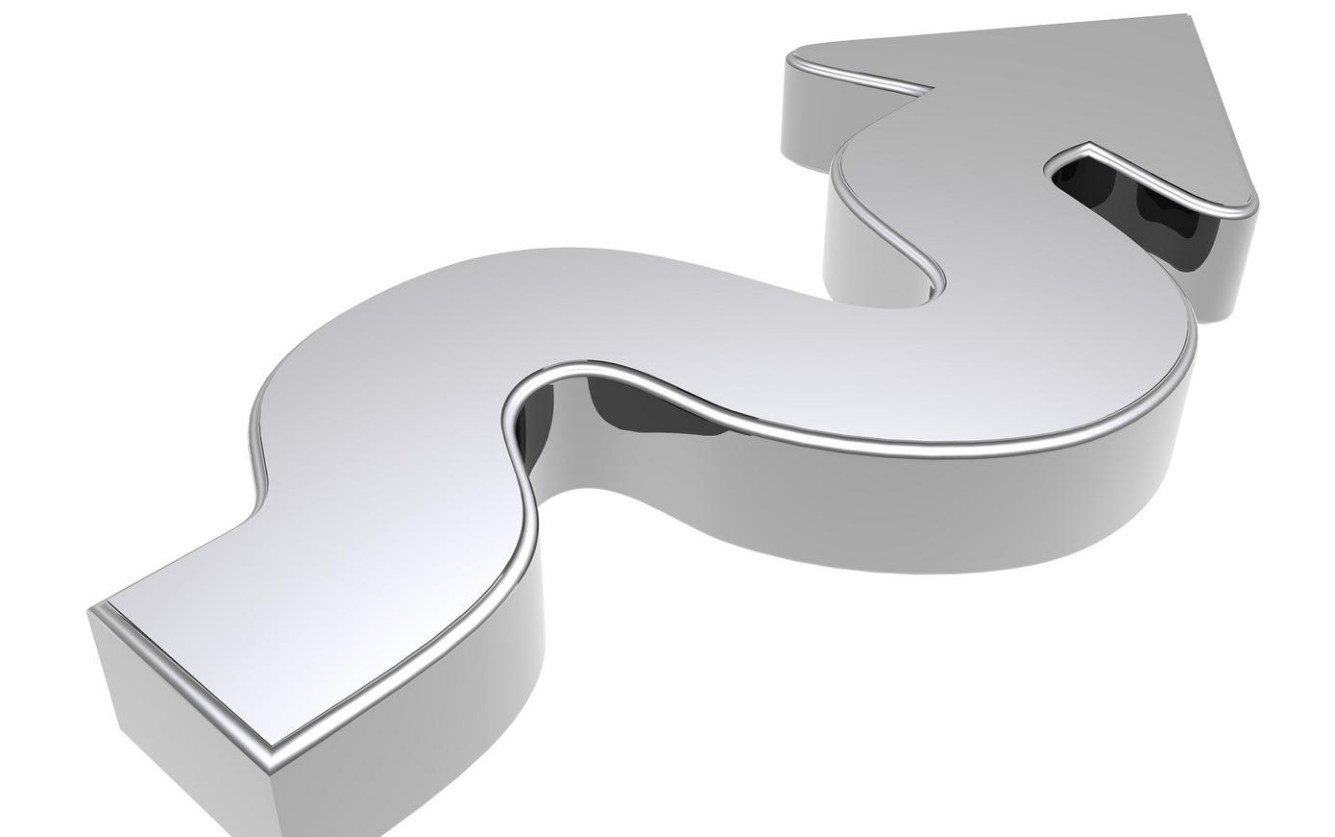Credit Survival Guide: Proof of Claim
Maybe you heard it from a colleague, maybe you were notified by your customer’s bank, maybe you saw it online or received an alert from NCS via Bankruptcy Monitoring… It’s official. Your customer has filed for bankruptcy protection and their outstanding balance could have a significant impact on your accounts receivable.
What now?
Tip #36: Filing a Bankruptcy Proof of Claim as a Secured Creditor
Whenever possible, creditors should file a Proof of Claim as a secured creditor. In the event of a debtor’s bankruptcy, secured creditors are paid before unsecured creditors. Properly executing a Mechanic’s Lien, Bond Claim or UCC grants the creditor a secured interest, which increases the likelihood of payment in the event of a bankruptcy.
Mechanic’s Liens, Bond Claims & UCCs are credit tools, proven to put creditors in the best possible position to get paid, but they aren’t the only tools available. A creditor may also be considered secured if there is a Corporate Guarantee or Personal Guarantee in place.
It is important to remember, a creditor can have a secured & unsecured claim in the same bankruptcy.
Simple enough, right? Wrong.
Tip #53: Avoid Common Missteps with the Bankruptcy Proof of Claim Form
Beware! Although the Bankruptcy Proof of Claim form may seem straightforward, here are a few common missteps:
- Be on Time! Too often, creditors miss the bar date to file.
- Know Your Claim! Including all amounts owed for all accounts and affiliates is a must.
- Secured or Unsecured? That Is the Question! Know whether or not you are a secured creditor and file properly.
This takes us to our next tip…
Tip #55: Have NCS Determine If You Have Lien or Bond Claim Rights
Did you provide materials and/or labor to a construction project? If so, request NCS to determine whether lien or bond rights are available!
A review of your claim is easy & complimentary! All you need to do is check the box that reads “Request NCS to determine whether lien or bond rights are available” on your placement form.
After it’s all said and done, don’t let your customer’s debt slip through the cracks.
Tip #58: Keep Track of Unpaid Judgments and Liens
Don’t lose track of those unpaid judgments and liens, and consider renewing an old judgment before it expires.
Title companies may demand pay-offs on old judgments, liens and other encumbrances that remain of record on property being sold or refinanced.
Takeaway
The Proof of Claim can be critical in recovering your accounts receivable. Contact the experts at NCS to evaluate and file the Proof of Claim for you, help you avoid common mistakes, and make sure you are in the best position to get paid.


